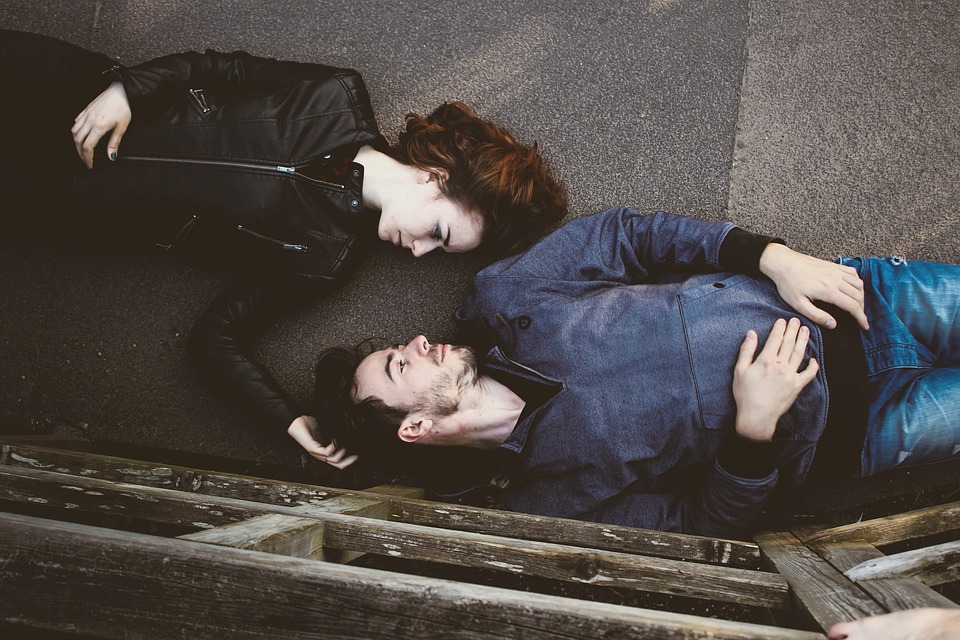
A while ago, when bully romance first came out, I wrote about how bully romance is the new dark romance and how dark romance got darker. I've been thinking about it ever since because I'm seeing more and more dark romance, and I'm focusing solely on dark romance as opposed to dark paranormal or dark fantasy, which can have horror elements or if the world is a darker place. I'd like to delve deeper into dark romance and what it means because it's a popular sub-genre in romance, and maybe along the way, I can clear up some of the misunderstanding I had previously.
If you've read my previous article, I'd like to take a step back and say bully romance is still a big sub-genre in romance. Bully is still a thing, but more correctly, bully romance may or may not be dark. It all depends on how the author executes the story and how extreme the bullying becomes. It's still not my kind of thing to read since I'm not into seeing my heroes or heroines bullied and being attracted to and falling in love with the person(s) bullying them. But there are a lot of people who like it and to each their own.
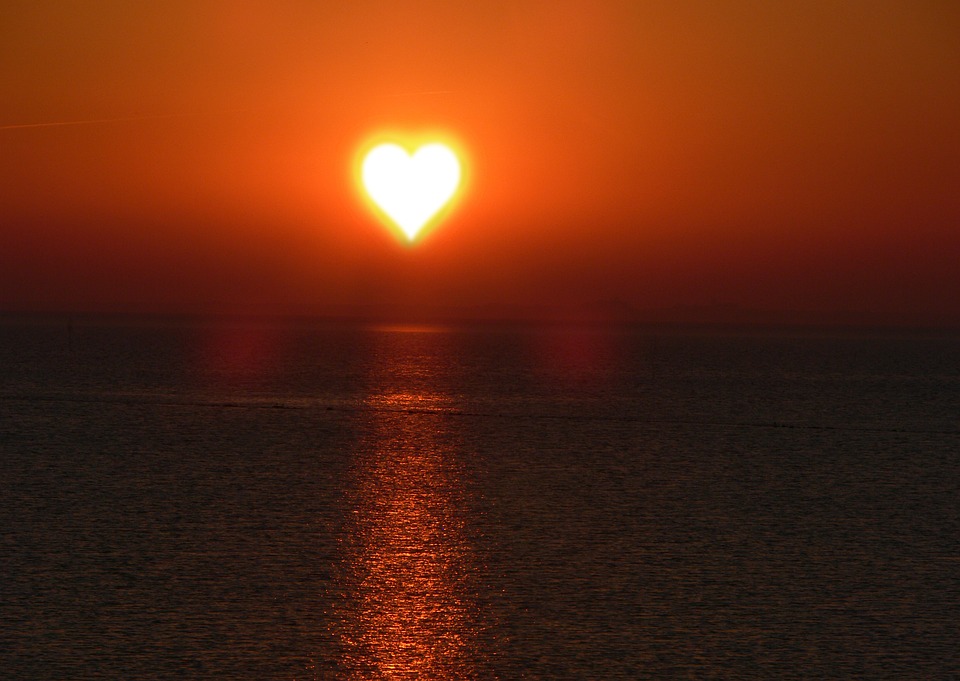
So taking a broader look, dark romance is dark because it contains themes that can be disturbing, uncomfortable, or triggering for people. A lot of people say they love to read dark romance for the excitement and because it makes them feel all the things. Good for them. Personally, I'm happy to feel all the things, but I like my things to be happy things. Again, to each their own.
But let's break down disturbing, comfortable, and triggering. The themes in these books would not be condoned in real life. Quite likely, if the hero or heroine did these things in real life, there's a jail cell with their name on it in a nice prison block somewhere. However, when it comes to the feelings they engender, to me, it's a little like watching a psychological thriller or a horror movie. It gets the heart pounding, and you feel a certain amount of distress. For some people, that may be exciting. I'm terrified of the jump scare.
Most importantly to me is the term "triggering". The Oxford dictionary defines triggering as "(especially of something read, seen, or heard) causing someone emotional distress, typically as a result of arousing feelings or memories associated with a particular traumatic experience." A lot of books now post trigger warnings to warn readers that there may be distressing content in the book. But triggers are subjective. What may be triggering for someone might be okay for others. The reader is not going to know exactly unless the trigger warning is specific, or if not, they read the book or look for spoilers in reviews.
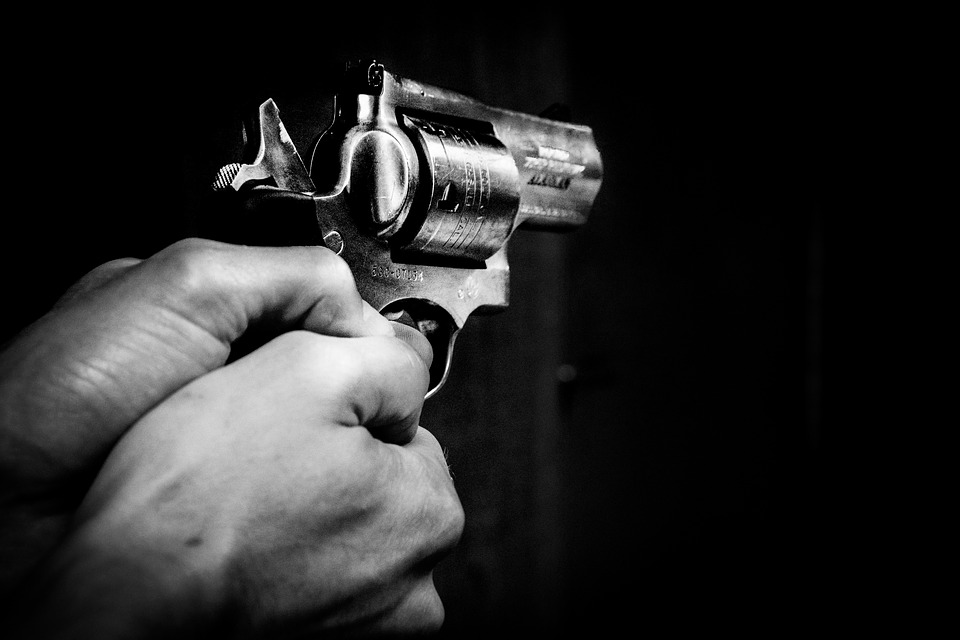
A dark romance could be triggering. Of course, for those who revel in the dark, then they enjoy the ride, and they are not necessarily triggered by any of the content. However, triggering is a very subjective concept. For example, to me, reading about a miscarriage is not triggering because I've never experienced it, so I do not know first hand how devastating that is. For someone who has lost a child, though, reading about a miscarriage can have adverse effects. I remember reading a book once that contained a miscarriage. I saw some people comment that those scenes in the book were triggering for them because of what they experienced, and someone even said they needed to put the book down because it was giving them bad anxiety to read about it.
When it comes to content, though, what is considered dark? Mentioned most often as dark is dubious consent (dubcon) or no consent (noncon) where sexual acts are likely forced upon the heroine by the hero. I'm going to say heroine because that's generally the case, although I'm sure there are books where that can be flipped around. In non-sexual acts, the heroine could be forced to do certain things against her will that may be traumatic or horrific.
But aside from dubcon and noncon, there's also graphic descriptions and themes of abuse, torture, violence, sexual assault, and possibly murder. Sex trafficking and child trafficking can also be added to the list. Stalking, kidnapping, and captivity is another one. These are certainly themes that are very disturbing, and dark romance books will contain them. It is likely that the hero participates in these activities and condones them, quite likely that he actually comes across more like an anti-hero or even a villain, because in my ideal of a hero, why would he do these things? And yet, in a dark romance, the heroine, possibly against her will, falls for the guy, and he may or may not redeem himself at the end of the book, but yet they end up in their version of a happy ever after because remember, this is a romance after all.
Authors also use the term dark to refer to books set in criminal, mafia, or assassin worlds. Of course, the heroes in these books are not exactly upstanding pillars of society. Quite often, these men are harsh, cruel, punishing, and at times, downright evil. They are more anti-heroes and villains than heroes to me. They also treat the heroines appallingly, but for some reason, the heroines still, despite themselves, seem to fall for them. I guess that's where the abuse, dubcon, and noncon comes into play.
Also, most of these dark romances I'm referring to are predominantly in the indie self published space. You will not find much dark romance, particularly the very dark sort in traditional publishing. Some people say that BDSM can be included in terms of dark themes for a romance, but to me, that's more kink than dark. Of course, if it gets too punishing and disturbing and borders on torture and abuse, then yes, it can be considered dark too. I mention BDSM because often people say that Fifty Shades of Grey is what the traditional publishing world considers dark, but also the book After by Anna Todd. Not surprisingly, both those books started life as fan fiction where they are less governed by the rules of a traditional publishing house. That said, I do not consider Fifty Shades dark, an emotional roller coaster ride, yes, but not dark. As for After, I've not read it, so I have no comment.
If you want to look back historically, you could say that the old skool 80s or early 90s romances were dark romances, but they were just the norm back in the day. There was a lot of dubcon, noncon, rape of the heroine, and violence in those books. They have fallen out of fashion because there was a lot of outcry over the heroine being raped, and yet you look at dark romance today, and I'd say it's a lot darker and a lot of worse than the bodice rippers of old. I could read the bodice rippers back when I was early into my romance reading jaunt (not sure if I could stomach them now), but I definitely cannot handle a lot of the dark romance that's out there.
I guess the appeal of a dark romance, as I mentioned earlier, is the excitement the reader feels through reading the heroine's experiences. The reader is living vicariously through the heroine and experiencing what she's going through with the heightened emotions of overcoming abusive or torturous situations, or even psychological or emotional abuse if it's not physical though many times the abuse and torture can be physical too. And then there's the reward of taming the bad guy, in this case, the anti-hero or villain who is also the hero of the story. Maybe he becomes a better man, maybe he doesn't, but he loves her in his way just the same. This is the happy ending that readers live for in a dark romance. I like my heroes to be honorable, protective, possessive, caring, tender, gentle, sweet men to the heroines while still being an alpha male, so when the hero is more of a villain than a good guy, I'm more likely to pass on the book. I don't want to read about an asshole who abuses the heroine, but I know many people enjoy it.
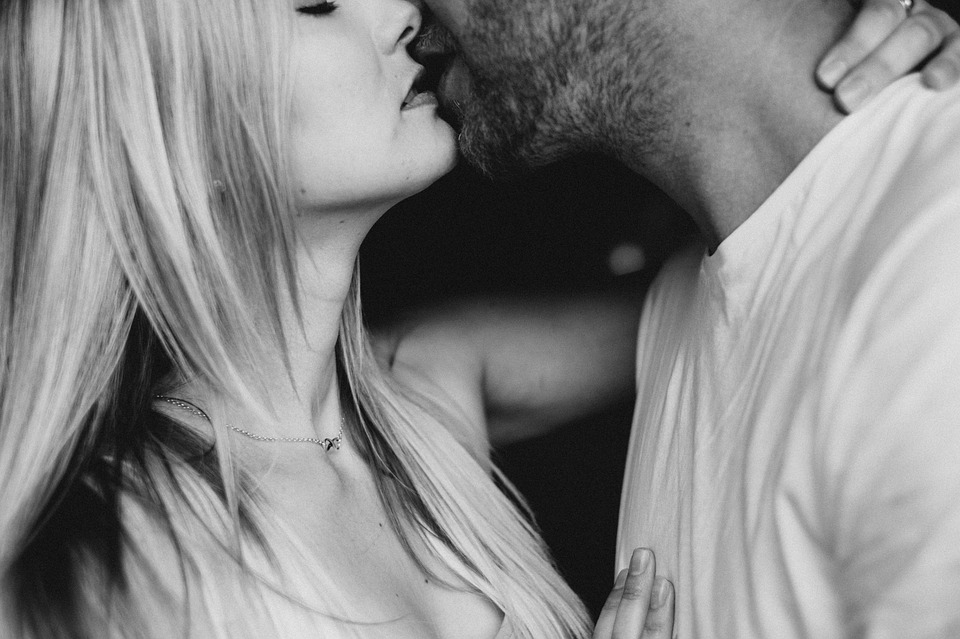
For me, I'm a wuss. I can probably read a light shade of grey, and I can't handle anything much more than that. That said, dark is such a subjective term, and it's used so loosely. It originally came about because Amazon would not allow erotica, erotic romance, or even warnings of abuse and violence to be included in the description of the book, so dark became a catch-all for all the things that could not be said for fear the book would get delisted or not searchable on Amazon.
I've read books that have been branded as a dark romance and thought they were fine when there was light mentions of sexual trafficking of women and abuse, but the romance was sweet. I've also read books that were not branded as dark but had so much emotional and psychological torture that I couldn't handle them and set them aside.
What I'm trying to say is dark means different things to different people. The term dark is mistakenly used and overused in many instances. Personally, when I see a book labeled as dark, I read the blurb of the book. If the blurb triggers any reaction in me or has keywords that I associate with things I would not read, then I would steer clear of the book. If the blurb seems fine and it interests me, I might give the book a shot.

These days with social media and most of these dark romance authors being indie authors who are accessible via their Facebook pages or groups, if I'm uncertain about a book, I will message the author to ask. I will also ask in a few of the book groups I frequent. I do this often when I see books being recommended, and I'm uncertain about them. I'll ask under the post if the book is dark and list some things that I consider dark to help someone who's read the book respond to my questions.
On a personal front, I don't tend to read dark romance. If I ever see a romance being marketed as dark, I will avoid it even if it sounds intriguing. It's probably a shame because I might be missing out on some good books, but I cannot stomach a lot of the dark themes I've mentioned above and have no wish to subject myself to something uncomfortable and disturbing when reading is my escape, and I do it for an enjoyable experience. I do not get off on the so-called excitement of the darkness that imbues the dark books. From that perspective, I find myself sticking to authors I know, and I'm very careful when it comes to recommendations. I almost always ask if the book is dark if someone recommends something I find interesting. Often, the blurb and the cover is a leading indication. My tastes tend to err on the side of light grey. Because of that, I also find myself reading more traditionally published books when it comes to tropes like motorcycle clubs and mafia stories because I know that no matter how dark it gets, the traditional publishing houses do not let them get so dark that it's unpalatable to me since they have house rules they abide by. In fact, there are a couple of motorcycle club and mafia series I've read from traditional publishers, and they are not dark at all. They are sexy as all get out, though.
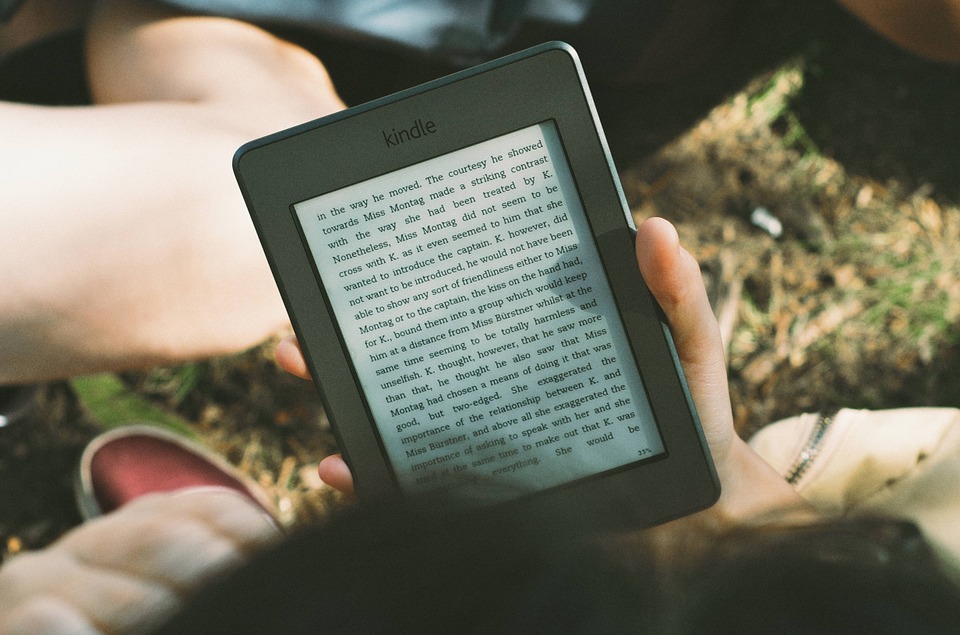
One final note. I have no recommendations for books here. It's not a
sub-genre I read much of, and the ones that I do tend to be more
accidental than anything else. If you're interested in such books,
simply do a search on Amazon and read the reviews of those that look
interesting to you. When I plugged in a search for dark romance on
Amazon, it came back with over sixty thousand results. There are so
many to choose from. Happy reading!
I hope this provides some insights into the vastness that is currently
dark romance. Tell me, do you read dark romance? And if so, how dark do
you read? Light grey, grey, black, or pitch black?
UPDATE: I shared about this post in a book group and someone commented with a list of things that she enjoys reading that is very dark. She did mention that she enjoys reading extremes so her list of what is dark that she enjoys reading is very out there, at least to me. Those include cannibalism, necrophilia, incest, murder and rape, blood play, killing people just to bring them back to life to kill them again, gluing eyes shut, eating your own flesh, zombies eating you while they take you, killing yourself in the name of love, etc. All that stuff seems over the top pitch black dark to me and are not anything I would read but to each their own. I do not kink shame or at least, I try not to kink shame. I did have a friend once read a book where the hero couldn't orgasm during sex without cutting himself and licking his own blood will he fucked the heroine. This was years ago before dark romance was even a thing and we were both baffled as to how that could be considered sexy and were quite astonished by the whole thing. Bless her, she actually finished reading the book. I never would have made it.
Find Deanna around SOCIAL MEDIA:
![]()
![]()
![]()
![]()
![]()
![]()
![]()
![]()
![]()
![]()
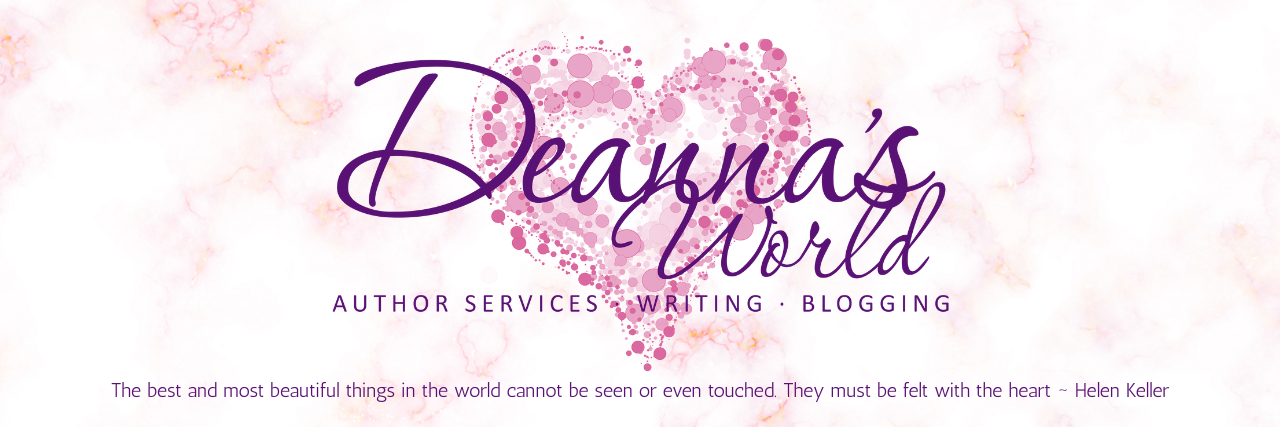
Dark romance? Hmmm. I would say I don't read it, except on thinking about it, I have read some dark stuff. It's usually in dystopian fiction, which somehow makes it easier to read. Recently I read Beginnings variant 1 by Sandra R Neeley which I loved. Hopefully there will be more. It's about people's DNA being altered and there are some dark scenes but still an HEA.
ReplyDeleteEve Langlais has written some dark stuff, albeit wrapped in a pretty ribbon. I'm thinking esp of her Chimera Secrets series. The hero of the second was a murderer.
Christine Feehan's books can be quite dark too, esp the Torpedo Ink series. And these are mainstream publishers
I'm not sure I would ever read bully romance though, so I suppose it's grey to black
Gill
I've read one of the Torpedo Ink books. I don't consider those dark if I take into account what's out there from the indie world.
Delete